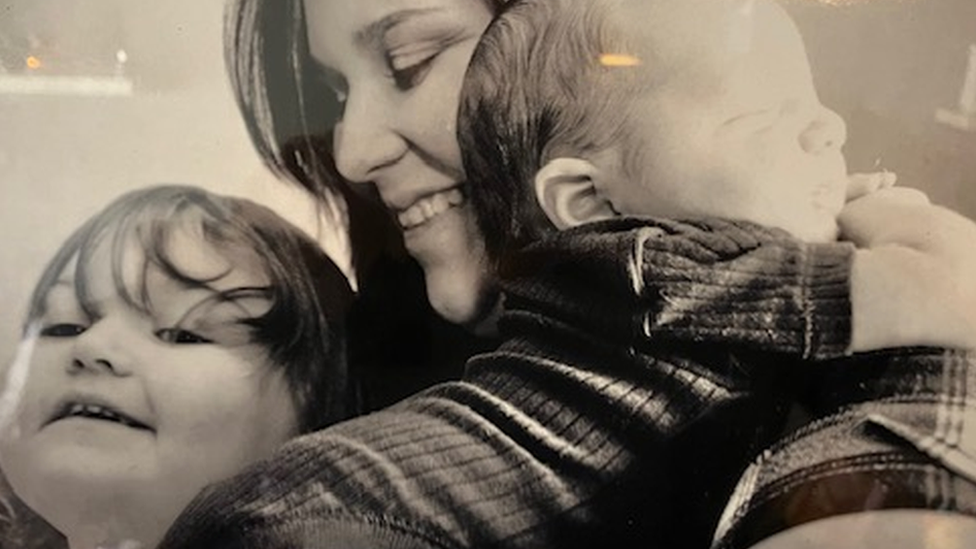Child obesity 'urgent priority', health boss says

More than one in three children are overweight or obese by the time they leave primary school
- Published
Childhood obesity will be the focus for a council health boss as the number of children who are overweight or obese continues to rise.
Simon Bryant, Hampshire County Council's director of public health, said child obesity was a "significant health problem" as he presented his annual report to the Hampshire health and wellbeing board.
More than one in five children are overweight or obese when they start primary school, rising to more than one in three by the time they leave, the report said.
Children who are overweight or obese are more likely to experience other physical health conditions, such as breathing difficulties, bone and joint problems, insulin resistance, high blood pressure and dental decay.
The report said the proportions of overweight and obese children in reception class was similar to pre-pandemic levels but, for year 6 children, the issue was getting worse.
While the percentage of children who were overweight and obese in Hampshire was lower than the England average, this could not be seen as a positive given the actual trend, the report said.
Mr Bryant said that the "greatest" opportunity for focusing their efforts was between the ages of five and 11, to halt the steep rise between reception and year 6.

Less than half of children in Hampshire exercise for an hour a day
Reducing physical activity is associated with obesity, and in Hampshire only 48% of children undertake the recommended 60 minutes of physical activity daily.
Terry Norton, deputy police and crime commissioner, called for the creation of more accessible spaces for young without the stigma.
"In many cases, police officers are called to attend parks because of noise from a group of young people," he said.
"We need to take young people out and about in our spaces and not take the view that not everyone who congregates in groups is a gang."
Follow BBC South on Facebook, external, X (Twitter), external, or Instagram, external. Send your story ideas to south.newsonline@bbc.co.uk, external or via WhatsApp on 0808 100 2240, external.
- Published18 April 2024
